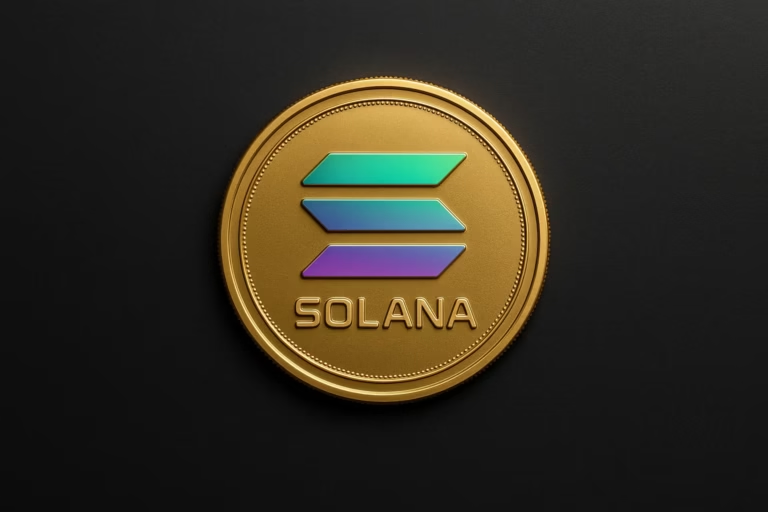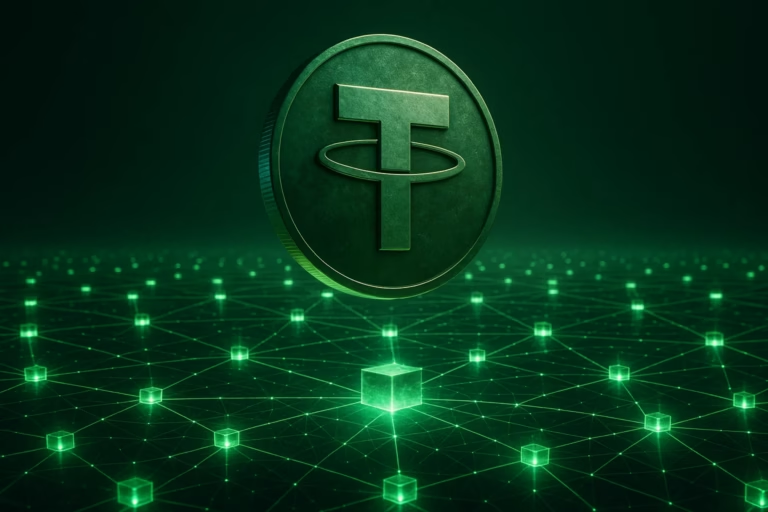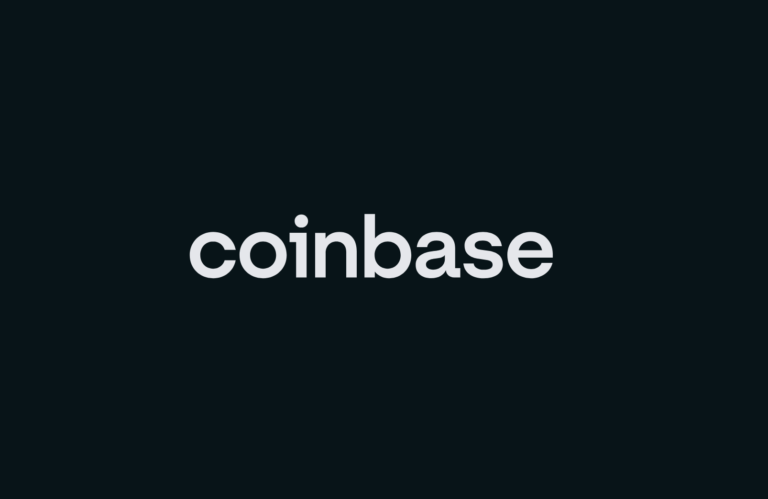- The ongoing conflict between Charles Hoskinson and the Cardano Foundation has intensified, with Hoskinson questioning the Foundation’s governance model under Swiss jurisdiction and advocating for a more decentralized, community-driven approach.
- The Cardano Foundation, meanwhile, is attempting to engage the community through public forums to address governance concerns, but Hoskinson remains skeptical of these efforts.
The Escalation of Disputes in the Cardano Ecosystem
The ongoing conflict between Charles Hoskinson, the founder of Cardano, and the Cardano Foundation has reached new heights, with accusations and counterarguments publicly surfacing. At the heart of the dispute is the governance model and control over the community’s assets, which Hoskinson and the Cardano Foundation seem unable to reconcile. Let’s dive deeper into the recent events and what they mean for the future of Cardano.
The Genesis of the Conflict
The conflict began to escalate when a whistleblower accused the Cardano Foundation of mismanagement and self-interest. Charles Hoskinson, who has been vocal about his concerns, highlighted several issues, the most prominent being the intervention in the Cardano Constitution process. Hoskinson asserted that the Foundation almost undermined the constitution, causing significant concern within the Cardano community.
Hoskinson Doubts the Cardano Foundation’s Future in Switzerland
In recent statements, Charles Hoskinson challenged the Cardano Foundation’s current structure, questioning why the organization continues to operate under Swiss jurisdiction. He argues that the Swiss governance model is incompatible with a truly decentralized community-driven approach. Hoskinson suggests that the Foundation should consider relocating to jurisdictions like Abu Dhabi or Wyoming, which are more accommodating to different governance frameworks.
The Foundation’s Response
In contrast, the Cardano Foundation has been attempting to engage the community through public forums hosted on social media platforms like X. CEO Frederik Gregaard and the leadership team have expressed a commitment to transparency and collaboration. These forums aim to address concerns regarding financial and governance oversight, with an emphasis on inclusivity and accountability.
However, Hoskinson remains skeptical, arguing that these discussions are unlikely to yield significant change given the current governance model. He emphasizes that until the community has a more substantial role in electing its leaders, the Foundation will lack proper accountability.
The Community’s Role in Governance
The Cardano community has largely expressed mixed opinions about Hoskinson’s approach. While some members agree with the need for a more democratic process and decentralized governance, others are wary of the practical challenges in establishing such a model. Cardano ambassador YUTA-Cardano, for example, acknowledged potential flaws but emphasized the role of Swiss supervisory bodies in holding the Foundation accountable.
Despite differing opinions, the overarching theme remains trust. Whether it’s trust in the current structure or faith in the potential of a community-based governance model, Cardano’s future hangs in the balance.
The Road Ahead
Hoskinson is adamant that the current system is unsustainable for a long-term decentralized vision. He has stressed that community oversight is critical to the future success of Cardano, and he sees public confrontation as the necessary means to drive change. With hundreds of millions of dollars at stake, the stakes are high for both sides, and the outcome will significantly impact Cardano’s trajectory in the blockchain ecosystem.
As the Cardano community watches the situation unfold, it remains to be seen how the conflict will be resolved and what changes will come to the Foundation’s governance structure. Will the Cardano Foundation adapt to a more community-driven approach, or will Charles Hoskinson’s vision prevail? Only time will tell.




